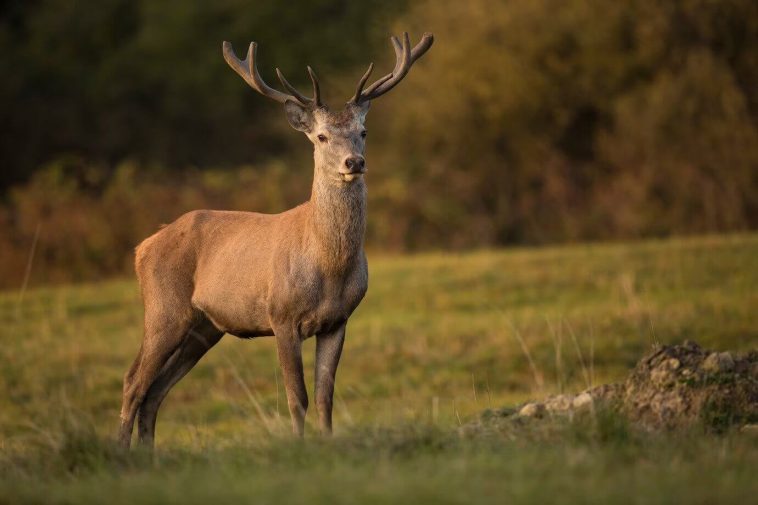Introduction
Animal hunting is the practice of pursuing and killing animals for their meat, fur, or other products. It has been a part of human culture for centuries, and is still practiced today by millions of people around the world.
There are many different types of animal hunting, each with its own set of rules and regulations. Some of the most common types of hunting include:
- Big game hunting: This is the hunting of large animals, such as deer, elk, and moose.
- Small game hunting: This is the hunting of smaller animals, such as rabbits, squirrels, and birds.
- Fishing: This is the hunting of fish with a rod and reel.
- Trapping: This is the use of traps to capture animals.
The History of Animal Hunting
Animal hunting has been a part of human culture for centuries. The earliest evidence of hunting dates back to the Stone Age, when humans used spears and other simple weapons to kill animals for food. As humans developed more sophisticated technology, they began to use bows and arrows, traps, and other more advanced weapons.
Hunting became a common pastime for the nobles during the Middle Ages. Kings and other wealthy individuals would often hire professional hunters to track down and kill animals for them. Hunting was also seen as a way to show off one’s wealth and power.
In the 19th century, hunting became increasingly commercialized. Hunters began to sell the meat, fur, and other products of their kills to businesses and individuals. This led to a decline in the populations of many species of animals, and many governments began to regulate hunting in an effort to protect wildlife.
The Ethics of Animal Hunting
There is a great deal of debate about the ethics of animal hunting. Some people believe that hunting is a cruel and unnecessary practice, while others believe that it is a legitimate way to obtain food and other products.
There are a number of arguments in favor of hunting. One argument is that hunting is a natural part of the food chain. Animals are preyed upon by other animals in the wild, and humans are simply one of those predators. Another argument is that hunting can help to control the populations of certain animals, which can be harmful to the environment. For example, deer overgrazing can damage forests, and coyotes can prey on livestock.
There are also a number of arguments against hunting. One argument is that hunting is cruel and unnecessary. Animals that are hunted often suffer greatly before they die. Another argument is that hunting can be dangerous for both hunters and animals. Hunters can accidentally shoot themselves or other people, and animals can be injured or killed by traps or other hunting equipment.
The Future of Animal Hunting
The future of animal hunting is uncertain. As the human population continues to grow, there is increasing pressure on wildlife populations. This is likely to lead to more restrictions on hunting in the future. However, hunting is still a popular activity, and it is likely to continue to be practiced by millions of people around the world.
Conclusion
Animal hunting is a complex issue with no easy answers. Both sides of the argument have strong points to make. Ultimately, it is up to each individual to decide whether or not they believe hunting is ethical.





